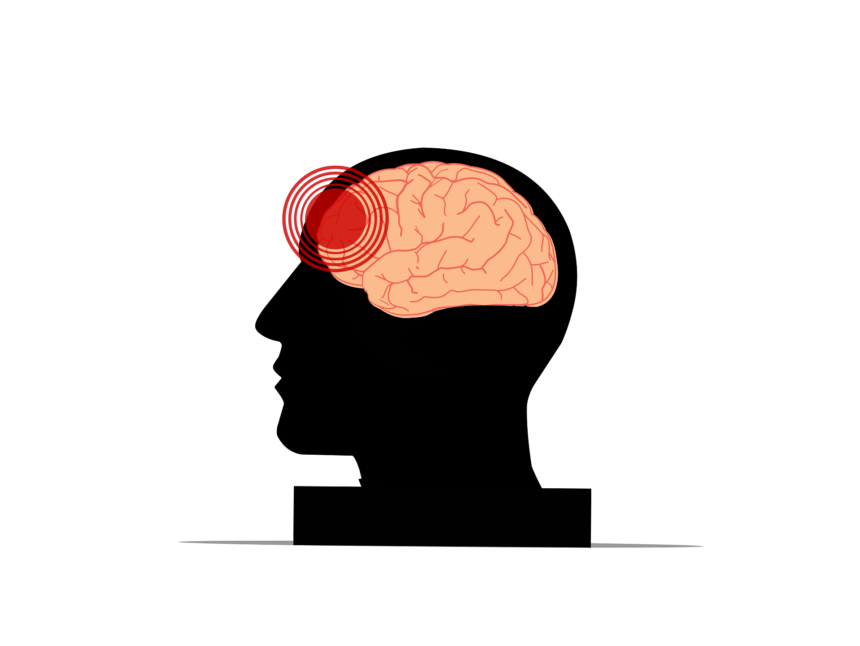The Brain Trauma Foundation reports that around 2.5 million people suffer from traumatic brain injuries every year. Unfortunately, they can lead to a number of serious problems. One of my cousins was married to a very successful engineer that had to leave his profession and go in disability after he had a traumatic brain injury, because it severely affected his cognitive performance.
If you have suffered from a traumatic brain injury, then you may have a lot of medical bills. This means that you may need to file a lawsuit to get the right coverage. Otherwise, you can be one of the 100 million Americans with medical debt.
Traumatic brain injuries (TBI) are serious and often life-altering events that can result in long-term disabilities and significant medical costs. Determining the average settlement for TBI depends on a multitude of factors, such as the severity of the injury, the impact on the victim’s quality of life, the costs of ongoing medical treatment, lost wages, and the ability to return to work.
Unfortunately, securing a legal victory in a traumatic brain injury case can be difficult. A 2019 study from France showed some of the challenges victims faced and showed that only the most severe cases got decent compensation.
We created an article about some of the statistics related to TBI. However, you have to keep in mind that each TBI case is unique, with the specifics of the incident affecting the settlement amount. Economic damages are relatively easier to calculate, including tangible costs like medical bills, rehabilitation expenses, and loss of income.
The legal process, jurisdiction, and the insurance policies involved also play a significant role in the final settlement amount. Cases may be settled out of court or go to trial, where a judge or jury can award damages. It is important to note that there is no standard settlement, and the compensation received by each victim can range widely based on the circumstances surrounding their individual case. Legal experts in personal injury law can offer more tailored insights into potential settlement ranges for TBI victims.
Understanding Traumatic Brain Injuries
Traumatic Brain Injuries (TBIs) are complex injuries with a spectrum of symptoms and disabilities. They range from mild concussions to severe brain damage, often necessitating prolonged medical care and legal assistance from personal injury lawyers to secure fair settlements.
Causes and Types of Traumatic Brain Injuries
TBIs are caused by external physical forces impacting the head. They can be classified into two main categories:
- Closed Brain Injuries: resulting from movement of the brain within the skull due to forces like whiplash or blunt trauma.
- Penetrating Brain Injuries: caused by objects breaking the skull and entering brain tissue.
Effects and Long-Term Consequences
The effects of TBIs can be immediate or appear days later, varying widely from headaches and cognitive difficulties to physical impairment and behavioral changes. Long-term consequences might include:
- Cognitive deficits: such as memory loss, slow information processing, and attention disorders.
- Physical impairment: including weakness, poor balance, and difficulty with coordination.
- Emotional and behavioral changes: like mood swings, anxiety, depression, and aggression.
Evaluating the Severity of a Traumatic Brain Injury
Healthcare professionals assess TBI severity using various scales, such as the Glasgow Coma Scale, which rates consciousness, and imaging tests like CT scans and MRIs. Factors considered include:
- Loss of Consciousness: duration and depth of unconsciousness.
- Post-Traumatic Amnesia: the length of time before consistent memory returns.
- Neurological Deficits: examination of reflexes, strength, and sensory perception.
In severe cases, the role of personal injury lawyers becomes more pronounced as they seek to understand these medical evaluations to advocate for adequate compensation based on their client’s specific condition.
Legal Aspects of Traumatic Brain Injury Settlements
When dealing with traumatic brain injury (TBI) settlements, legal factors are crucial in determining both the procedure and the outcome of the case. This involves considering the complex interplay of contributory factors, the expertise of personal injury lawyers, and precedents set by past cases.
Factors Influencing Settlement Amounts
Various factors contribute to the settlement amounts awarded in traumatic brain injury cases. These include but are not limited to:
- Severity of Injury: More severe brain injuries typically result in higher settlements due to the increased medical costs and potential for long-term care.
- Impact on Quality of Life: Settlements often factor in the injury’s effect on the individual’s life, including loss of enjoyment and the inability to perform previous life roles.
- Loss of Earnings: If the TBI affects the victim’s ability to work, settlements may include compensation for lost wages and loss of earning capacity.
- Medical Costs: This includes hospitalization, medication, medical devices, rehabilitative therapies, and any future medical expenses.
- Liability and Negligence: The degree to which the defendant is found liable and the presence of negligence can significantly influence settlement amounts.
- Insurance Coverage: The limits of the defendant’s insurance policy can affect the size of the settlement.
The Role of Personal Injury Lawyers in Settlements
Personal injury lawyers play a pivotal role in navigating the complexities of TBI settlements. They:
- Evaluate the Case: They assess the strength of the case, including evidence of liability and damages.
- Negotiate Settlements: Skilled in negotiation, they argue for fair compensation based on the injured party’s needs and the above factors.
- Litigation: If a satisfactory settlement cannot be reached, personal injury lawyers may take the case to trial.
Case Studies and Settlement Examples
Reviewing previous settlements can provide insight into the legal landscape of TBI claims. Examples include:
- Minor TBI Case: A settlement of $100,000 for a mild TBI where the victim recovered fully.
- Moderate TBI Case: Involving longer-term rehabilitation but partial recovery, settlements can range from $1 to $2 million.
- Severe TBI Case: For cases involving permanent and debilitating injuries, settlements can exceed $3 million, depending on life care costs and lost income.
These amounts reflect the nuanced legal assessments personalized for each TBI case.

